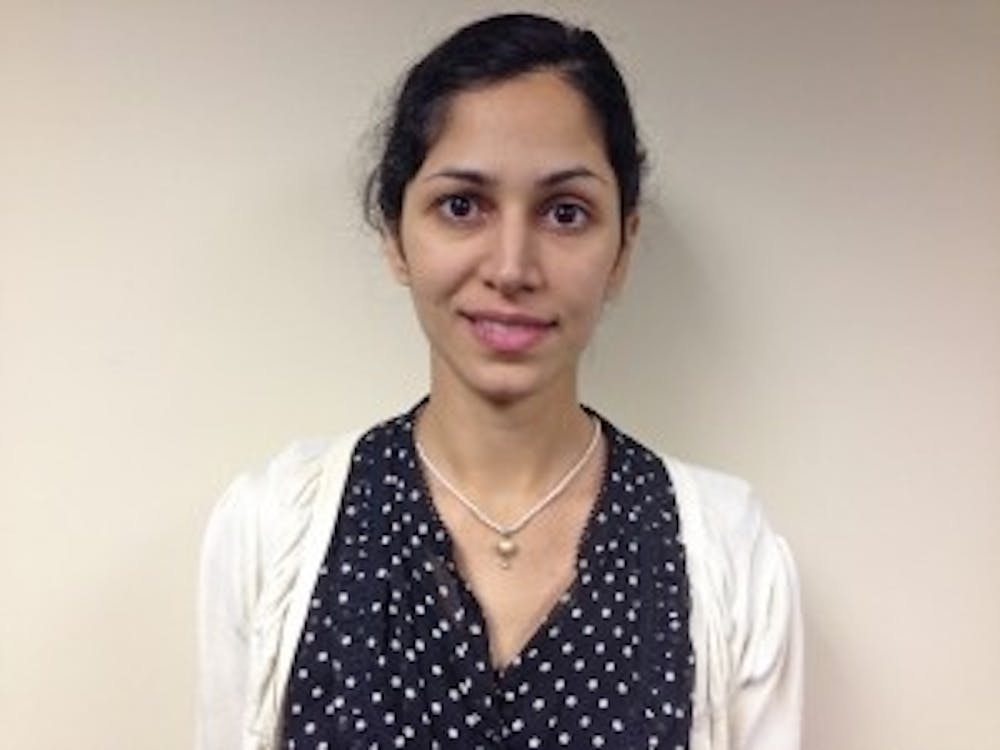If you study English, people ridicule your “useless” major. If you study science, people snarl when you tell them climate change is real.
What to do? Let’s mix it up.
Once, I saw a Wake Forest professor studying turtles at a golf course pond. He explained his research to two old managers who were the very picture of “Make America Hate Again” voters. But, they listened respectfully, while every sickening inflection of the professor’s voice oozed with condescension. What a missed chance to render new knowledge palatable with kindness.
Now, many scientists are actually super sweet people. But I still think it would help if the ranks were swelled by students like you — you who like Shakespeare and Russian politics and have lots of imagination.
I don’t mean that you torment yourself. I tried to study physics four times and I still don’t know what momentum and torque are. But I tried! When I was 16, I thought computer coding was pure evil. I had the impression all computer coders were greedy losers bent on wrecking the world. My 16-year-old self would be aghast to know that I code nearly every day now, and I like it. You should try, too.
Take GIS classes and make maps that show how landfills and factories are clustered near poor neighborhoods. Or make pretty graphs with free statistical programs like “R” — graphs that show how the president’s new budget will kill services in your community. Or learn the exact reason why human sewage causes all the oysters to die in the bay, so if anyone thumbs their nose at clean water rules, you know what to say.
Often, it’s the science-y tools that help us advocate for the arts and nature we care about.
Will studying science always be a self-esteem boost? I think not. Suppose you learn to make graphs in “R,” and become so excited you tell a peer. It’s likely they’ll say: “Like, yeah, Python is, like, way more powerful than ‘R.’”
On the other hand, if you only study humanities, you might end up twisted into contortions like the people at PlayMakers — they’re all, “OMG, we’re so enlightened!” and “OMG! We push the conversation!” and “OMG! The first ever play we put on about Muslim Americans portrayed only violent Muslims” and “OMG! We have so much common sense!”




